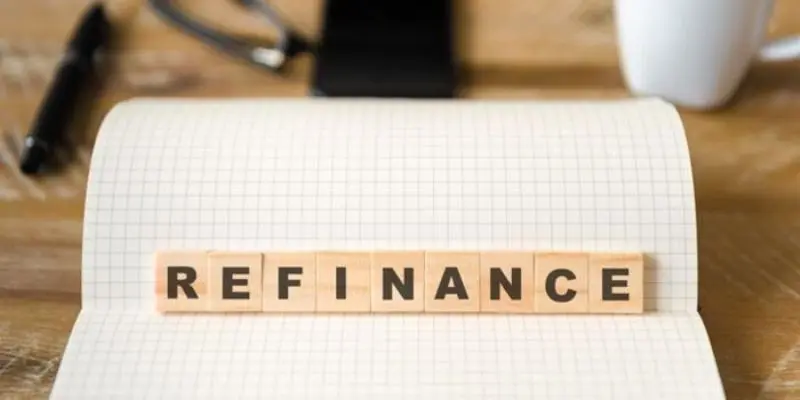How to Calculate Monthly Mortgage Payment
Your monthly mortgage payment consists of repaying what you borrowed (the principal) and the bank’s fee for borrowing the money (the interest). The loan’s interest rate is an important factor in determining what you can afford.
Input the home price, down payment, loan term and mortgage insurance (if applicable) to calculate your monthly payments. You can also add extra payments on a monthly, yearly or one-time basis to see how it affects your total payoff.
Interest rate
The interest rate is one of the most important factors when calculating your mortgage payment. It affects how much you’ll end up paying for your home, and the amount of time you’ll need to pay it back. Interest rates are complex and determined by many factors, some of which you can’t control.
To calculate your monthly mortgage payment, start by determining the total loan amount. This includes the loan principal, down payment, and mortgage insurance (if applicable). Next, enter the loan term and the interest rate. Finally, divide the yearly percentage rate by 12, which will give you your monthly rate.
This formula also accounts for the fact that your loan principal will decrease each month as you make payments on your mortgage. This is known as negative amortization. However, you can avoid negative amortization by extending your loan term or increasing your down payment. This will save you money in the long run. However, you’ll still have to pay additional interest on the longer loan term.
Down payment
The size of a down payment has an impact on the calculation of monthly mortgage payments. It is important to understand the advantages and disadvantages of both large and small down payments before choosing which one is best for you. It’s also a good idea to consider other savings goals and living expenses when making this decision.
In general, lenders expect borrowers to make a down payment of at least 20%. This reduces their risk and allows them to qualify for a lower interest rate. In addition, a large down payment can help borrowers avoid paying private mortgage insurance (PMI) premiums.
Bankrate’s mortgage calculator makes it easy to see the effect of different down-payment options on your mortgage payments. Just enter your loan details, and the results will automatically appear on the right side of the screen. You can even add extra payments monthly, annually or one time to see the effect on your loan’s payoff date.
Loan term
The term of your mortgage determines the amount of time you have to pay back your loan, and therefore it’s an important factor in the calculation of your monthly payment. There are many different options available, so it’s important to understand how each one affects your costs upfront and over the long run. The best way to do this is by doing the math yourself, but online calculators can also be helpful.
Choosing the right term can help you save money by paying less interest in the long run. However, it’s worth noting that longer terms usually come with higher monthly payments.
Another option is to opt for a balloon loan, which has a much shorter term than a traditional mortgage and a single large final payment at the end of the loan term. Use the “Extra payments” functionality to find out how you can shorten your loan term and save money on interest by paying extra towards your principal monthly, yearly or in one payment.
Property taxes
Property taxes are a fact of life for homeowners and can be part of your monthly mortgage payment. They’re based on local tax rates and an assessment of your home’s value. You may also have to pay homeowners insurance and HOA or condo fees. These are extra costs that can add up. A financial advisor can help you figure out what your budget should include.
The lender typically collects one-twelfth of the annual property tax burden with each monthly mortgage payment and puts it in an account (often called an escrow account). The mortgage servicer then pays the actual tax bill when it’s due.
This practice protects the lender by making it less likely that borrowers will fail to make their payments and cause a tax lien on the home. It can also prevent a foreclosure because the lender will take on responsibility for paying the property taxes. But there are still consequences if you don’t pay your property taxes.



